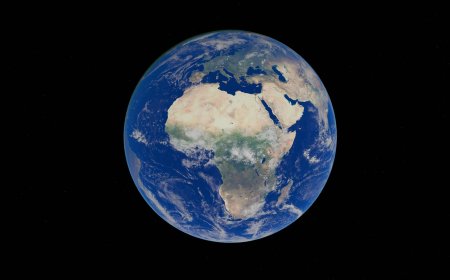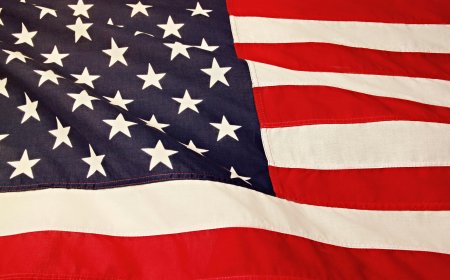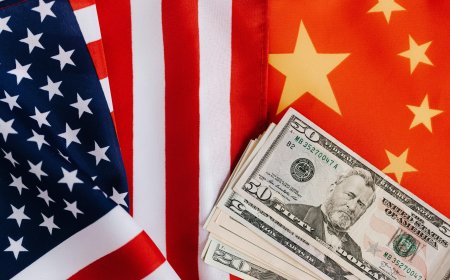Famous Battles That Changed History: Turning Points of War and Civilization
From Waterloo to Normandy, explore the most famous battles in history that reshaped nations, redefined power, and altered the course of humanity.
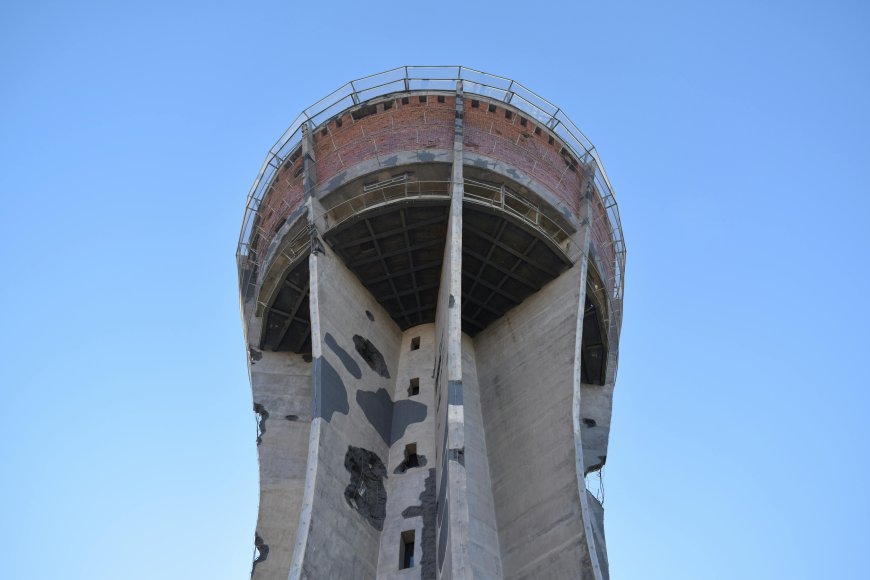
Battles have always been more than clashes of armies. They are moments where the fate of nations, empires, and even civilizations balance on a knife’s edge. A single day on the battlefield can decide who controls a continent, who rules the seas, or whether an idea—like democracy or empire—survives.
Some battles last hours, others stretch across months, but their outcomes ripple for centuries. From ancient fields to modern beaches, famous battles have defined not just military history, but the world we live in today.
The Battle of Marathon (490 BCE): Birth of Western Democracy
In 490 BCE, the Persian Empire sent an army to crush the young democracy of Athens. Outnumbered, the Athenians fought on the plain of Marathon and won a stunning victory.
This triumph preserved Athenian democracy at a time when it could have been extinguished. Had the Persians won, Greek culture—and with it, the foundations of Western philosophy, science, and politics—might never have flourished.
The legend of the messenger running from Marathon to Athens gave birth to the modern marathon race, a lasting reminder of this pivotal clash.
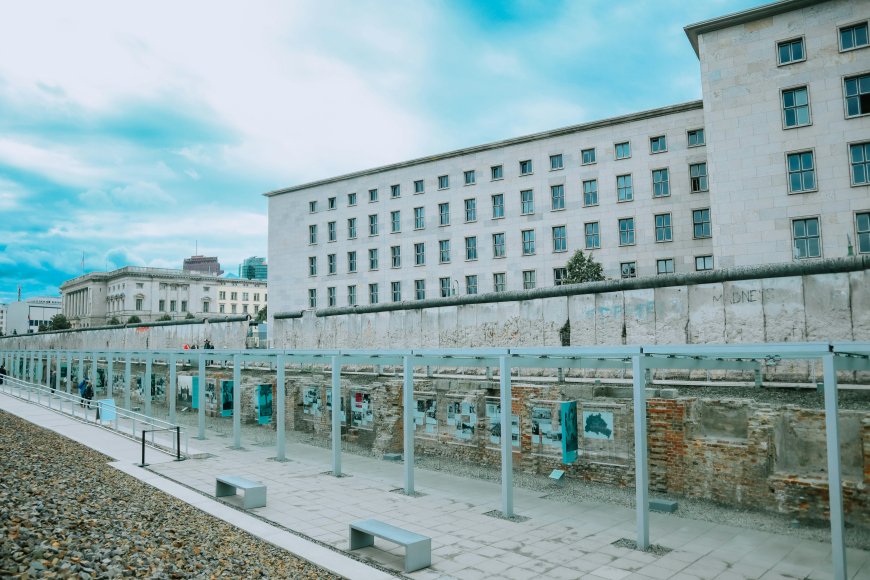
The Battle of Hastings (1066): The Norman Conquest
On October 14, 1066, England’s future was decided in a single day at Hastings. William, Duke of Normandy, defeated King Harold II, ushering in Norman rule.
The conquest transformed English culture, language, and governance. Old English blended with Norman French, giving rise to modern English. Feudalism took root, and England’s ties to continental Europe deepened.
Hastings wasn’t just a military victory—it was a cultural revolution that shaped the identity of a nation.
The Battle of Waterloo (1815): The Fall of Napoleon
Napoleon Bonaparte, once the master of Europe, met his end at Waterloo in 1815. Facing the combined forces of Britain, Prussia, and their allies, Napoleon’s defeat ended more than a campaign—it ended an era.
Waterloo reshaped Europe’s political order, leading to a century of relative stability under the “Concert of Europe.” It also gave us a phrase—“meeting one’s Waterloo”—as shorthand for ultimate defeat.
For all its bloodshed, Waterloo’s outcome helped prevent another continental war for nearly 100 years.
The Battle of Gettysburg (1863): A Turning Point in the American Civil War
In July 1863, Union and Confederate armies clashed in Pennsylvania in the bloodiest battle ever fought on American soil.
The Union victory at Gettysburg halted Confederate General Robert E. Lee’s invasion of the North. It marked the turning point of the Civil War, setting the stage for Union victory and the abolition of slavery.
President Abraham Lincoln’s Gettysburg Address, delivered months later, reframed the war as a fight not just for union, but for equality and democracy.
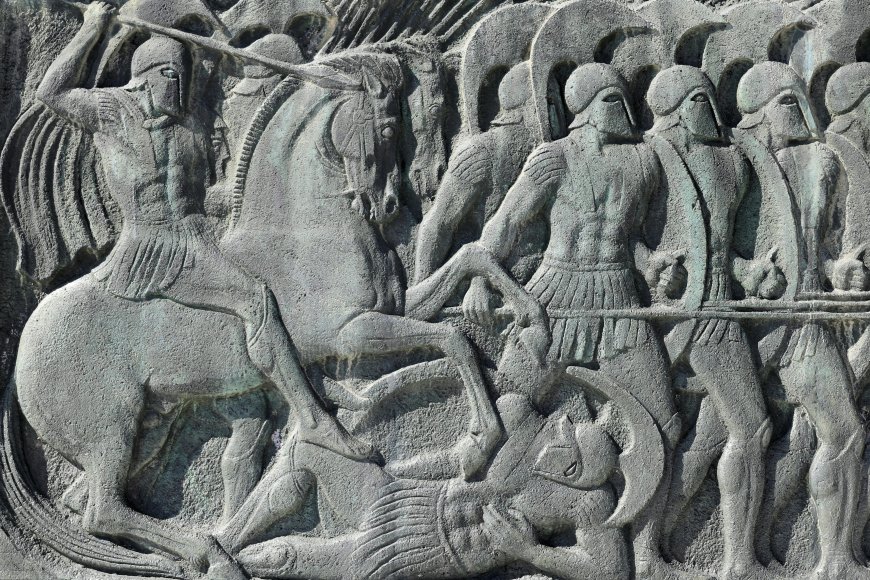
The Battle of Stalingrad (1942–1943): Breaking Hitler’s Advance
Stalingrad was more than a battle—it was a brutal siege that became the deadliest confrontation of World War II.
Fought between Nazi Germany and the Soviet Union, the battle lasted five months and left nearly two million dead or wounded. The Soviet victory turned the tide on the Eastern Front, marking the beginning of Nazi Germany’s retreat.
Stalingrad was both a military and psychological blow to Hitler, showing that the Wehrmacht could be defeated.
D-Day: The Normandy Landings (1944)
On June 6, 1944, Allied forces launched the largest amphibious invasion in history. The beaches of Normandy became the gateway to liberating Western Europe from Nazi control.
D-Day required meticulous planning, deception, and immense bravery. Thousands died on the first day, but the operation succeeded, opening the path to Paris and eventually Berlin.
Without Normandy, World War II might have dragged on far longer, with catastrophic consequences for Europe and the world.
The Battle of Midway (1942): Turning the Tide in the Pacific
Just six months after Pearl Harbor, the United States and Japan met in a decisive naval battle at Midway.
Through intelligence breakthroughs and daring strategy, the U.S. Navy sank four Japanese aircraft carriers, crippling Japan’s naval power.
Midway shifted the balance in the Pacific, giving the Allies momentum that would eventually carry them to victory. Without Midway, Japan might have extended its dominance across the Pacific.
Storytelling Moment: Humanity in the Midst of War
While battles are often told through strategy and numbers, they are also deeply human. Soldiers at Marathon fought for their freedom. Families at Stalingrad endured starvation and bombardment. Young men stormed the beaches of Normandy, knowing many would not return.
History remembers battles as turning points, but for those who lived them, they were moments of unimaginable fear, courage, and sacrifice.
Other Famous Battles That Shaped History
- Battle of Thermopylae (480 BCE): Spartan heroism against overwhelming Persian forces.
- Battle of Yorktown (1781): Secured American independence.
- Battle of Somme (1916): Symbol of World War I’s devastating trench warfare.
- Battle of Dien Bien Phu (1954): Ended French colonial rule in Indochina, leading to Vietnam’s division.
- Battle of Gaugamela (331 BCE): Alexander the Great’s victory over Persia, expanding his empire.
Each of these battles reshaped borders, societies, and the future of entire civilizations.
Conclusion: The Legacy of Great Battles
Battles may be fought with swords, muskets, or tanks, but their outcomes echo across time. They decide not only who rules, but what ideas survive—freedom or tyranny, empire or independence.
The battles of history are grim reminders of the cost of war, but they also show humanity’s resilience. Each one, in its own way, shaped the world we live in today.
FAQs
1. What was the most important battle in history?
Historians debate, but Marathon, Waterloo, Stalingrad, and Normandy are often cited as pivotal.
2. Which battle had the highest casualties?
The Battle of Stalingrad is among the deadliest, with nearly two million casualties.
3. Why is the Battle of Gettysburg so famous?
It was the turning point of the U.S. Civil War and redefined the fight for democracy.
4. What battle ended Napoleon’s reign?
The Battle of Waterloo in 1815.
5. What was the most decisive naval battle in history?
The Battle of Midway is often considered the most decisive naval battle of World War II.
আপনার প্রতিক্রিয়া কী?
 পছন্দ
0
পছন্দ
0
 অপছন্দ
0
অপছন্দ
0
 ভালোবাসা
0
ভালোবাসা
0
 মজার
0
মজার
0
 রাগান্বিত
0
রাগান্বিত
0
 দুঃখজনক
0
দুঃখজনক
0
 বাহ
0
বাহ
0













































